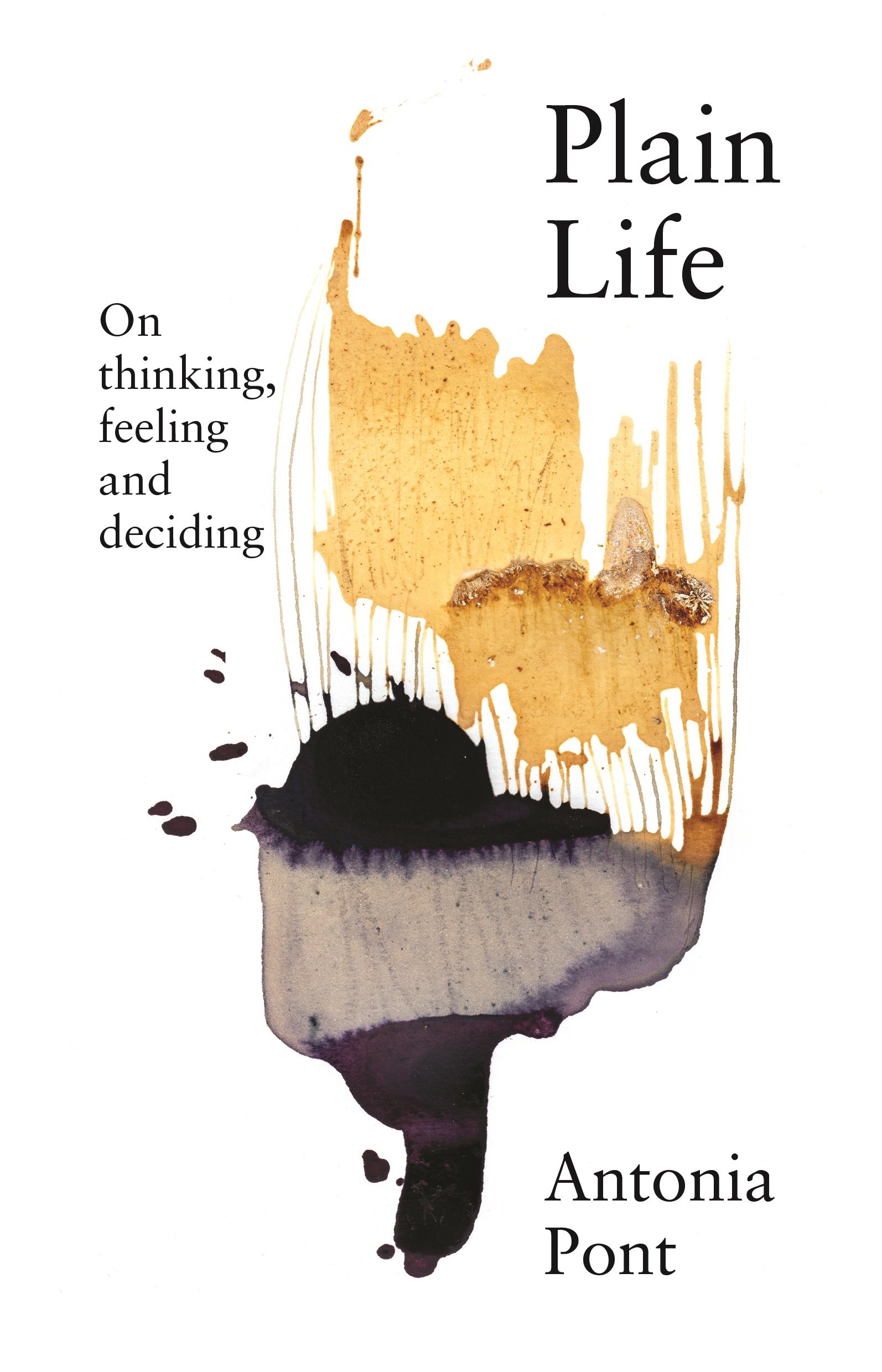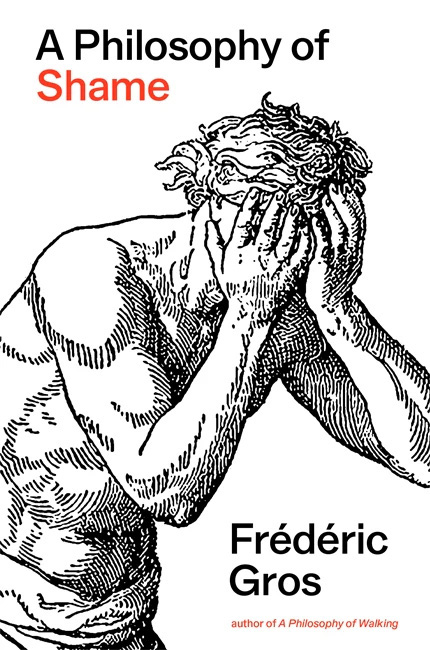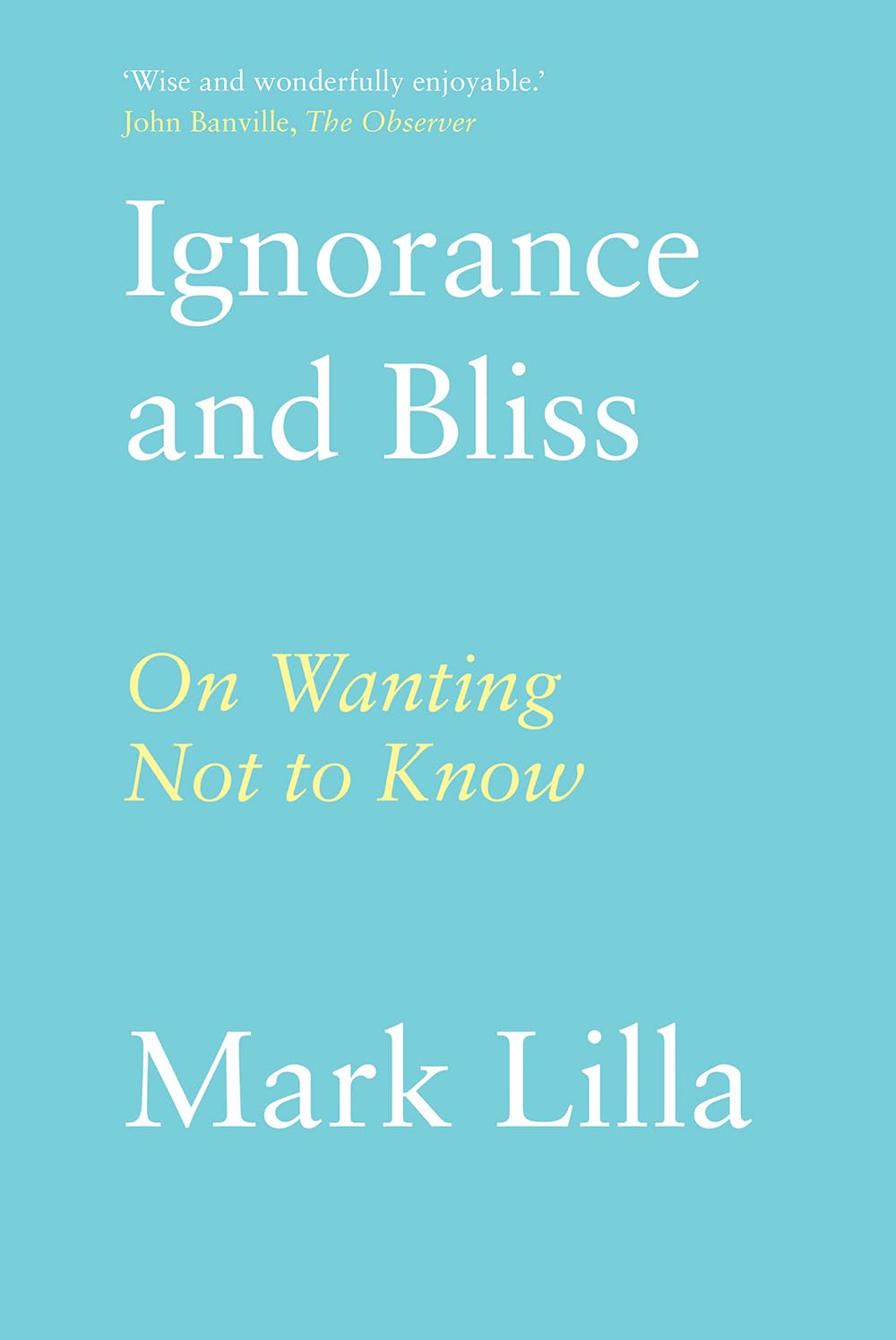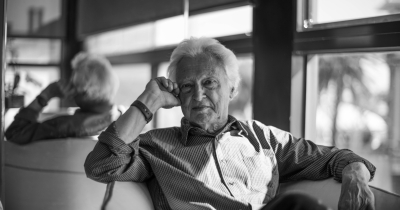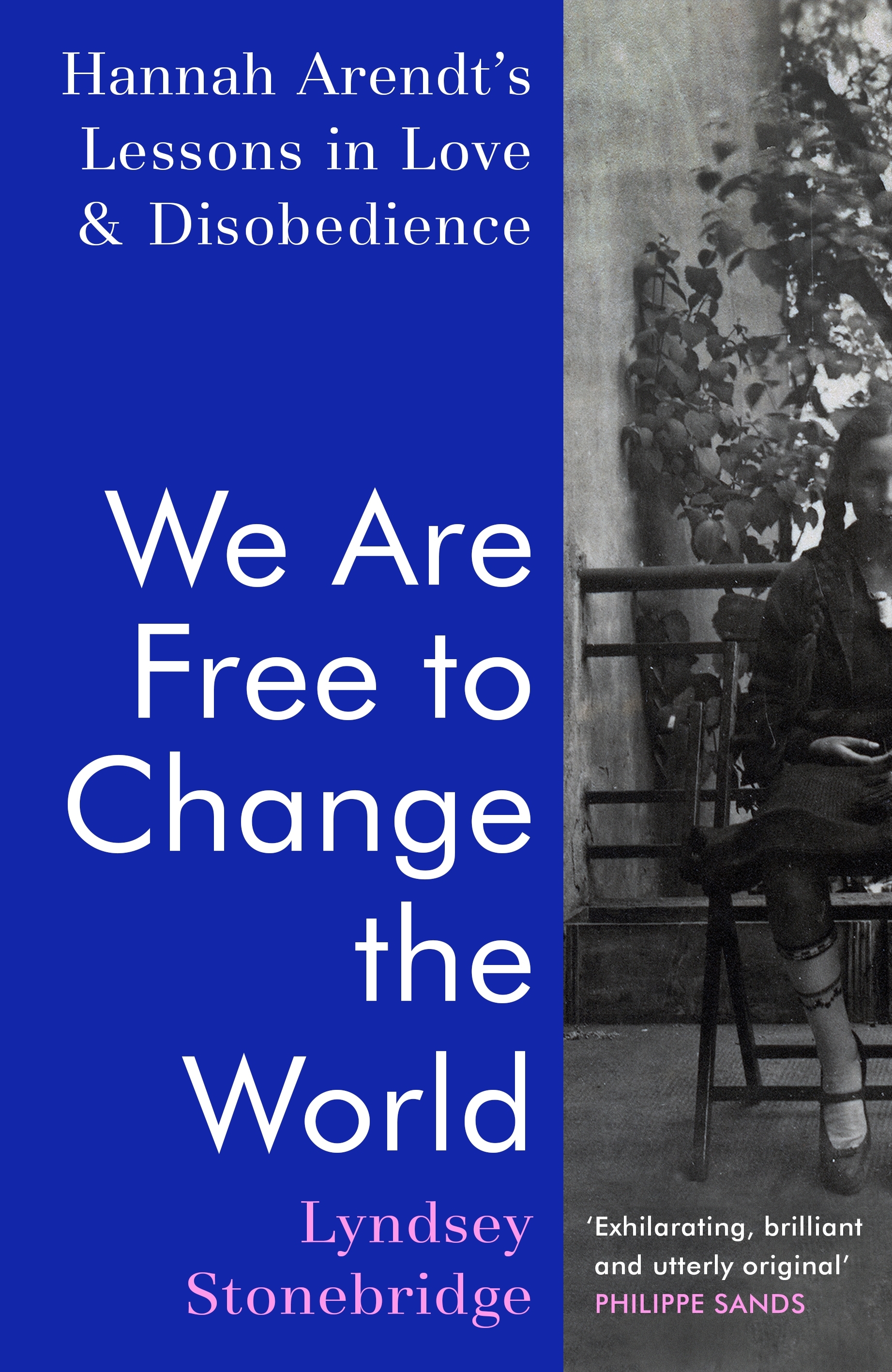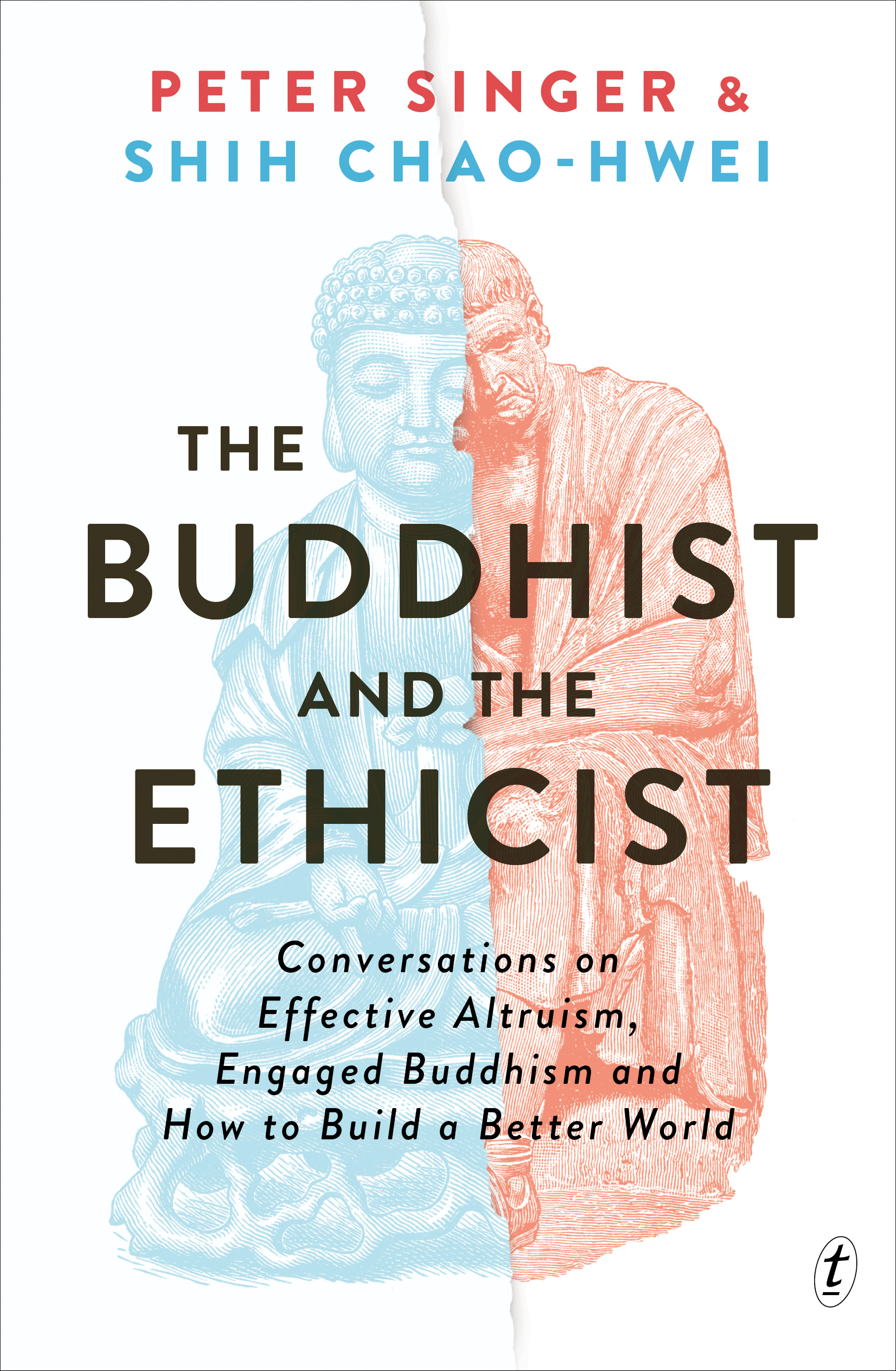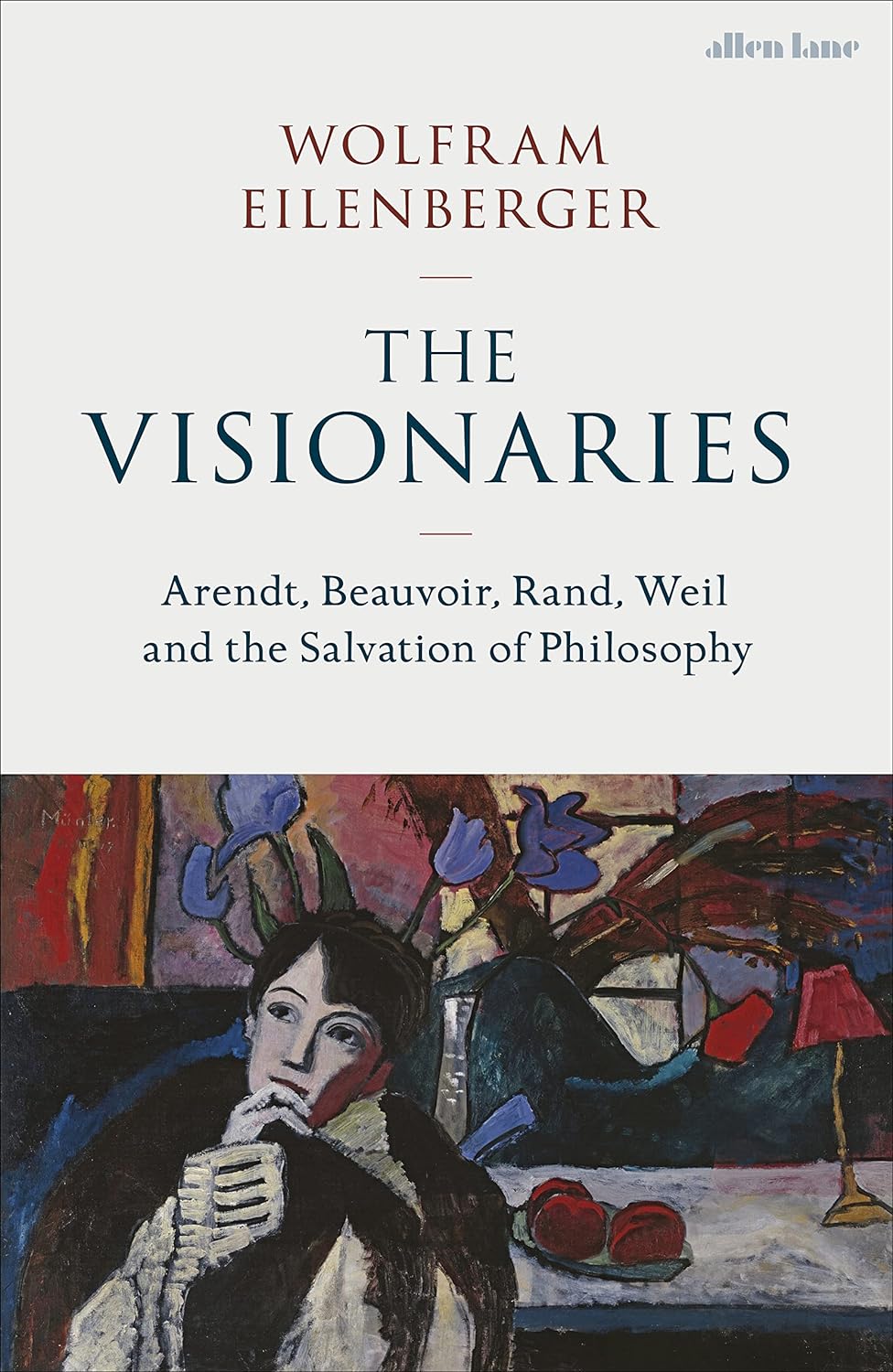Philosophy
This week, on The ABR Podcast, Jessica Whyte reviews A Philosophy of Shame: A revolutionary emotion by Frédéric Gros. Whyte applauds the attempt to ‘revolutionise how we think about shame’ and to consider shame not simply as a retrograde emotion but ‘a resource for political struggle’.
... (read more)Plain Life: On thinking, feeling and deciding by Antonia Pont
We are living in an age of compartmentalisation. Technology promises increased productivity, even as our feeds routinely compel us towards #slowliving, #intentionalliving, and #simpleliving. These are offered as solutions to a range of loosely identified effects – political malaise, rampant consumerism, anxiety. In other words, the impossible contemporary condition. Often these #sponsored solutions are merely behaviours repackaged as needs – by the influencers, the lifestyle gurus, and the over-therapised, who instrumentalise the market logics they implore us to reject.
... (read more)A Philosophy of Shame: A revolutionary emotion by Frédéric Gros, translated from French by Andy Bliss
In an 1843 letter composed on a barge in Holland, a young Karl Marx wrote of a ‘national shame’ that made him want to hide his face. He anticipated his addressee, his friend Arnold Ruge, would remind him that ‘no revolution is made out of shame’. But Marx disagreed. ‘Shame’, he insisted, ‘is already a revolution of a kind’. It is from Marx that Frédéric Gros takes the subtitle of A Philosophy of Shame: A revolutionary emotion. Although we never really discover what kind of revolution Gros has in mind, the book can best be seen as an attempt to revolutionise how we think about shame itself.
... (read more)The Age of Choice: A history of freedom in modern life by Sophia Rosenfeld
In a recent university seminar, I wanted to give my students a sense of how capitalism is a way of being, rather than being the way of being. Hoping to paint an affective picture, I turned to personal anecdote.
... (read more)
Every now and then, a truly profound book appears on a profoundly important subject. Mark Lilla’s Ignorance and Bliss is one such book.
Some readers will know me as the author of Romulus My Father (1998). Romulus is not a book of philosophy, but it was obviously written by a philosopher profoundly affected by painful events in his childhood and the influence on him of his father and his father’s dear friend Pantelimon Hora, who helped raise him. Many people who have read the book said that it is obvious why I became a philosopher.
... (read more)We Are Free to Change the World: Hannah Arendt's lessons in love and disobedience by Lyndsey Stonebridge
We Are Free to Change the World, an intellectual biography of Hannah Arendt, is Lesley Stonebridge’s seventh book, and is informed by the author’s expertise in twentieth-century literature, history, law, and political theory. Stonebridge is a Professor of Humanities and Human Rights at the University of Birmingham, and a regular contributor to the New Statesman. A successful scholar, she is also used to communicating to audiences beyond the academy.
... (read more)The Buddhist and the Ethicist: Conversations on effective altruism, engaged Buddhism, and how to build a better world by Peter Singer and Shih Chao-Hwei
This volume brings together two highly credentialled thinkers about moral and ethical matters: Peter Singer, the Ira W. DeCamp Professor of Bioethics at Princeton University, and Venerable Shih Chao-Hwei, a Taiwanese Buddhist nun, founder of the animal welfare organisation the Life Conservation Association and the Buddhist Hong-Shi College, as well as a lecturer at Hsuan Chuang University.
... (read more)The Visionaries: Arendt, Beauvoir, Rand, Weil and the salvation of philosophy by Wolfram Eilenberger, translated by Shaun Whiteside
Wolfram Eilenberger’s previous book, the bestselling Time of the Magicians (2020), explored the four Germans – Ernst Cassirer, Walter Benjamin, Martin Heidegger, and Ludwig Wittgenstein – who ‘invented modern thought’. The Visionaries keeps to the formula, this time with women in the lead roles. It is described as a group biography, but Hannah Arendt, Simone de Beauvoir, Ayn Rand, and Simone Weil were very much not a group. Nor is it a biography: there is scant biographical information and no analysis of why they lived as they did. Apart from being born at the same time, writing books, and sharing what Eilenberger calls an ‘honest bafflement that other people live as they do’, the quartet have nothing in common: Arendt was a German Jew escaping the Gestapo; Beauvoir a French intellectual on a mission to enjoy herself; Rand a Russian émigré refashioned as an American neoliberal; and Weil a latter-day Joan of Arc. The closest any of them came to meeting was when Beauvoir, for whom the existence of others was ‘a danger to me’, was introduced to Weil, who had wept at the news of famine in China. It did not go well. The only thing that mattered, Weil announced, was a revolution to feed the world’s starving, to which Beauvoir ‘retorted that the problem was not to make men happy but to find the reason for their existence. She looked me up and down. “It’s easy to see you’ve never been hungry”, she snapped. Our relations ended right there.’
... (read more)A Terribly Serious Adventure: Philosophy and war at Oxford 1900–1960 by Nikhil Krishnan
This is an entertaining family biography of Oxford philosophy from 1900 to 1960. Nikhil Krishnan has mined various autobiographies and reminiscences to craft a series of biographical sketches, anecdotes, and snapshots of philosophy at Oxford during the twentieth century. He has traced the connections, legacies, and disagreements among the philosophers, demonstrating how, over the years, pupils came to inherit the chairs of the professors who had trained them, passing on certain attitudes and practices, characteristic of the Oxford way of doing things.
... (read more)


